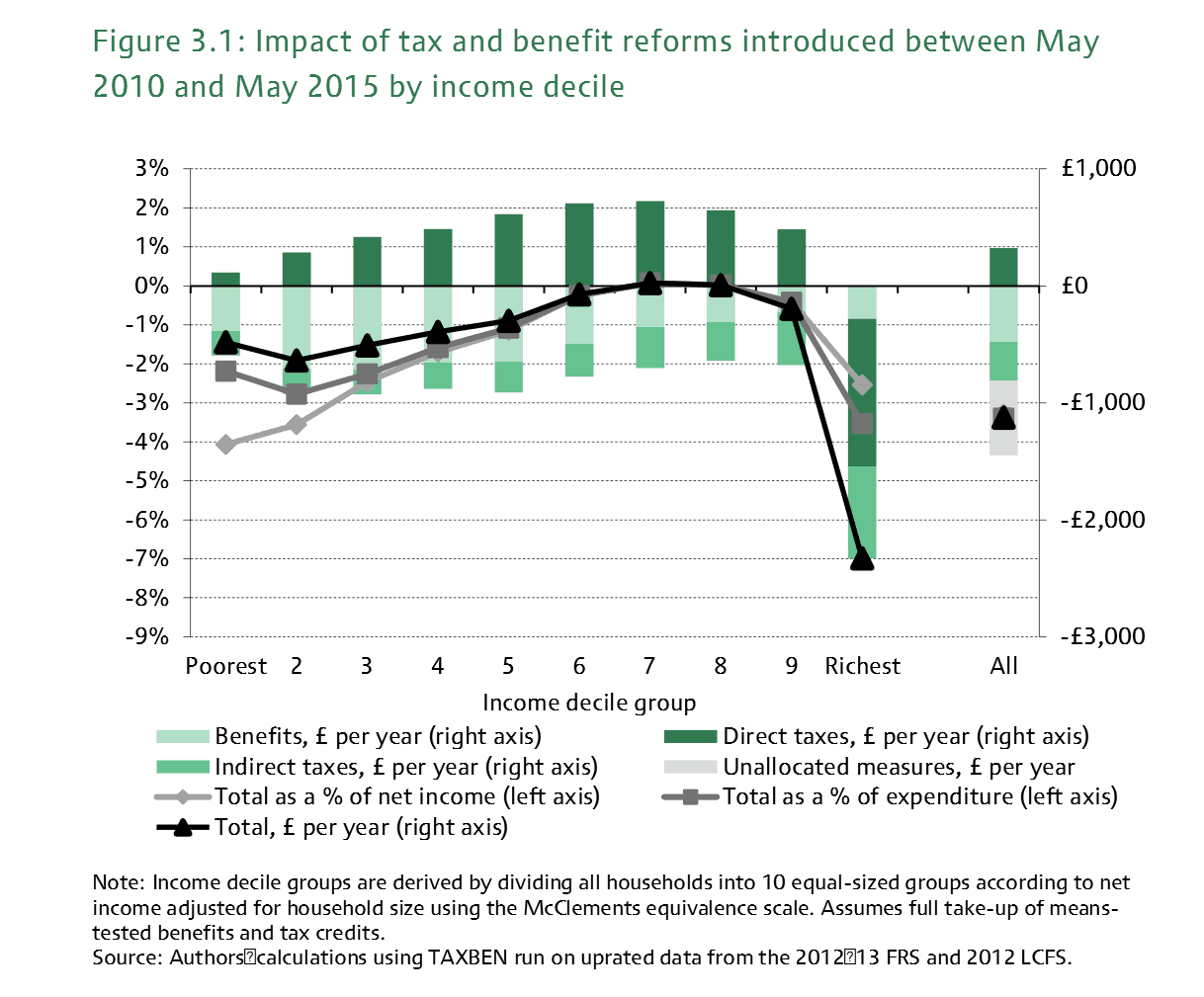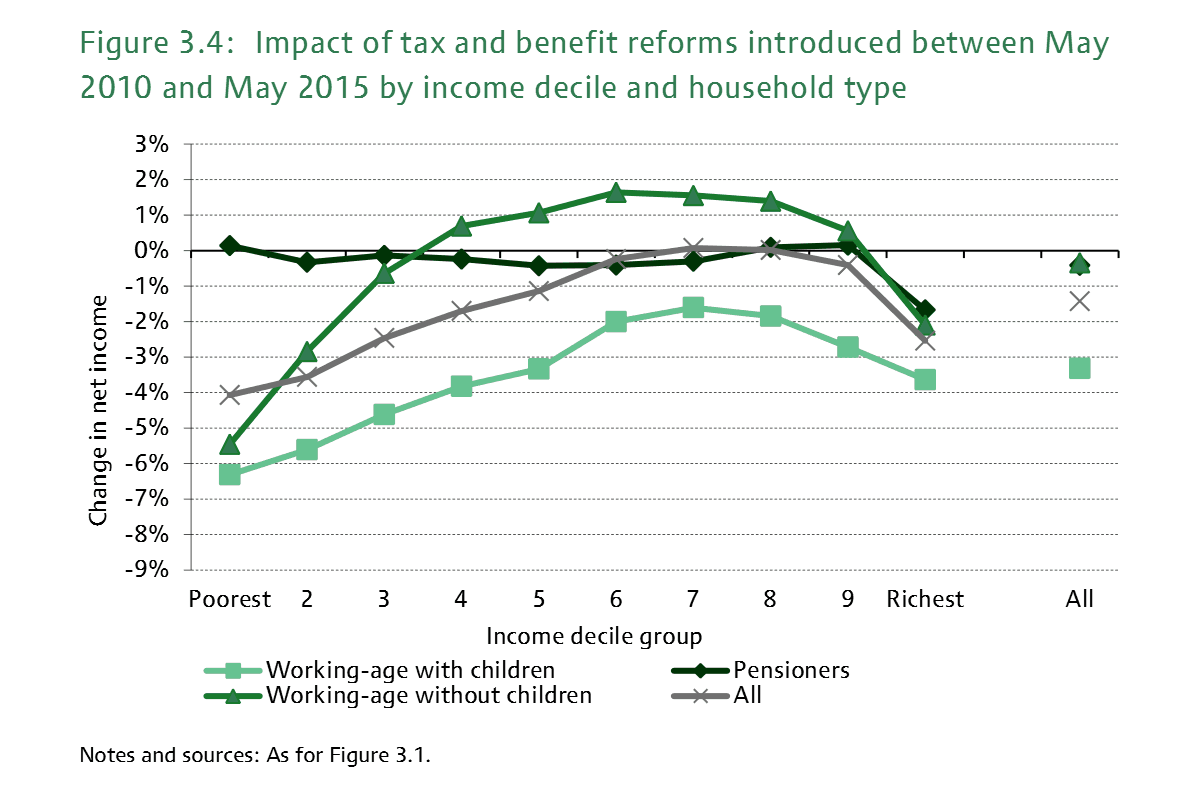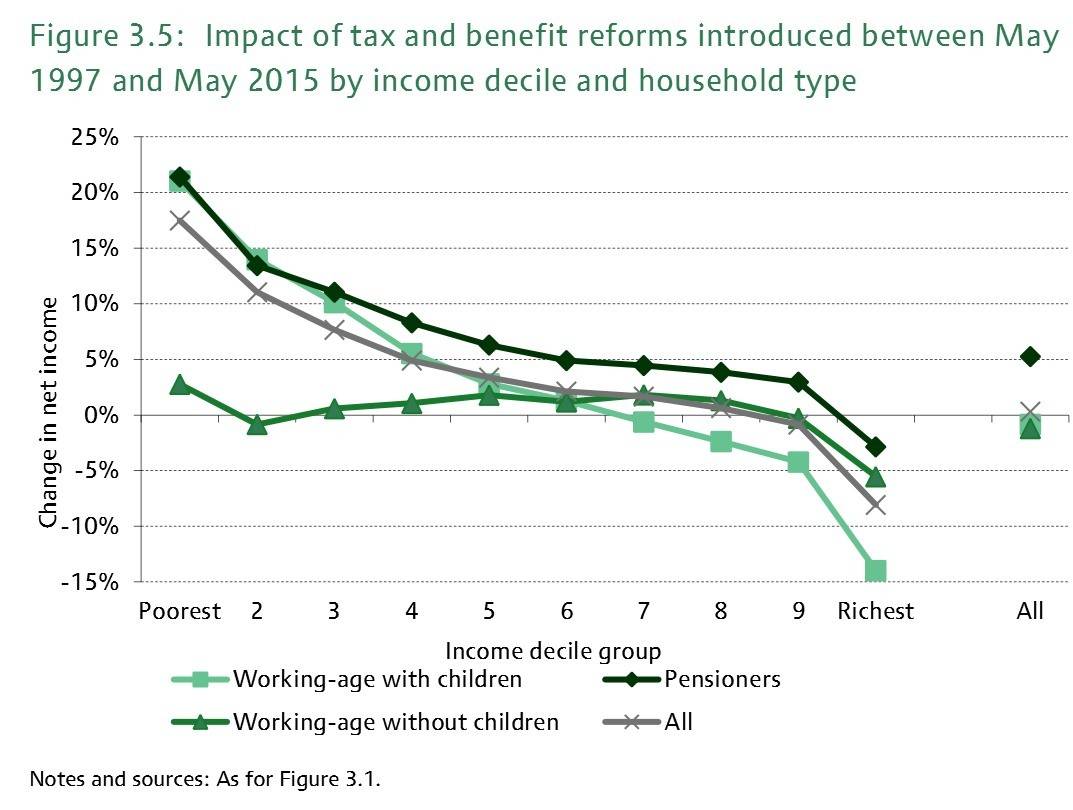Labour’s plan for winning the General Election in May has a special  place for the NHS. They are seeking to “weaponise” it, and promote themselves as the only party that can be trusted to run this great British institution. And yet their NHS policy has deep flaws. Now the Conservative/Liberal Democrat coalition government has come up with a plan to integrate health and social care budgets in Greater Manchester. To maintain the warlike metaphor, this looks like surgical strike on Labour. In fact the story arose from a leak in the negotiation process, and seems to be the brainchild of Simon Stevens, the politically neutral head of NHS England. But the policy poses serious questions for Labour.
place for the NHS. They are seeking to “weaponise” it, and promote themselves as the only party that can be trusted to run this great British institution. And yet their NHS policy has deep flaws. Now the Conservative/Liberal Democrat coalition government has come up with a plan to integrate health and social care budgets in Greater Manchester. To maintain the warlike metaphor, this looks like surgical strike on Labour. In fact the story arose from a leak in the negotiation process, and seems to be the brainchild of Simon Stevens, the politically neutral head of NHS England. But the policy poses serious questions for Labour.
The details of yesterday’s news are a little vague. The Coalition had already announced plans to devolve more powers to Greater Manchester, working through the local councils (mainly Labour, but with Conservative and Lib Dem ones too) and an elected Mayor. And integration is everybody’s favourite reform idea for the NHS. It refers to merging the health budget with that of social care (currently controlled by local authorities), so that the policies for the two can be coordinated properly. This is important because one of the main problems at NHS hospitals is that they cannot release patients to social care beds. Integration of this sort is already being piloted in such places as Torbay. This looks like a pilot on a grander scale.
As a reform idea, the Manchester proposal looks entirely sensible. Sarah Wollaston, a Conservative MP who is a doctor, and no government stooge, offered a knowledgeable and effective advocacy on Radio 4 yesterday lunchtime. Integration has been one of Labour’s big ideas. But Labour can’t bear to give the government any credit for policy on the NHS – as this undermines their weaponisation plan. So their spokesman, Andy Burham, rubbished the idea. He attacked it as undermining the “National” in the NHS, because it was a localised solution rather than being dropped from a great height from Westminster. He also suggested it would be another “top-down reform”, which the government had promised not to do.
And yet both these lines of attack expose weaknesses in Labour’s own NHS policy. In the first place, if they are serious about promoting NHS integration, how on earth are they planning to do it? The quid-pro-quo of an integration plan is surely more local devolution – otherwise you simply create a monstrous bureaucracy, and a feeding frenzy of large consultancy firms proposing over-engineered implementation plans (er, like the last Labour government’s reform of NHS commissioning). And secondly, are Labour or are they not planning a top-down reform all of their own? Their proposal to scrap the government’s Health and Social Care Act suggests just that. And if they intend to implement integration across the whole country at once… well, that just proves it, doesn’t it?
Which highlights the real problem for Labour. Their plan is to ride the tide of anger amongst NHS insiders over the government’s record on the NHS. They headline attempts to outsource some services as an NHS “sell-off” or privatisation. This is vastly exaggerated – no major hospitals are being outsourced (private businesses would be mad to take them on) and GP surgeries, er, have always been private businesses (a fact that confused the hell out of a save-the NHS campaigner that called on me a couple of months ago). But any plan to reform the NHS in any serious way involves taking on these insiders. The idea of integration to insiders is popular probably because it is seen as a way of hitting the ball into the long grass: the setting up of some toothless committees of professionals who purr about “collaboration not competition” and achieve very little except requests for yet more money. The more serious and specific Labour gets about reforms that promote efficiency, the more dissent they will get from their core supporters, and especially the trade unions. The hard fact is that Labourare proposing to dismantle the Coalition’s health reforms at the moment they are starting to show some promising results, like this devolution initiative.
Now the public probably don’t think much of the Coalition’s record on the NHS, but they surely accept that reforms will be needed to make the organisation more efficient. And if Labour appear not to be serious about that, then their line on the NHS is undermined, and their line on tax-and-spend, already weak, gets shot through. With enough pressure this weakness will become more and more apparent – and there will be a greater and greater risk of dissent in Labour ranks. They are offering just bluster. Far from trying to avoid the NHS as a campaigning issue, the coalition parties have the opportunity of a devastating counterattack, especially if Labour persists in opposing the Greater Manchester plan.
All of which shows how fatally bad is Ed Miliband’s leadership. He has valued party unity over making serious political choices. He has chosen sound and fury over policy substance. He hoped to craft clever policy positions that cover the cracks in his own party while providing credible ideas for saving the country. Alas serious policies mean taking on vested interests in your own ranks, not just the usual villains. The unity of silence in Labour ranks is not a token of assent – it is a token of denial. Labour’s most vocal supporters, and the providers of the bulk of their funding, do not think that Labour is serious about public sector reform and austerity. As Labour is pressured by the coalition parties the greater it is in danger of falling apart just when unity is most important. It is a political strategy put together by policy wonks and campaign tacticians – and not those with serious nous about taking on political responsibility.
The Coalition parties have their own weaknesses of course. These may yet save Labour. But a meltdown for Labour cannot be ruled out on this form.





